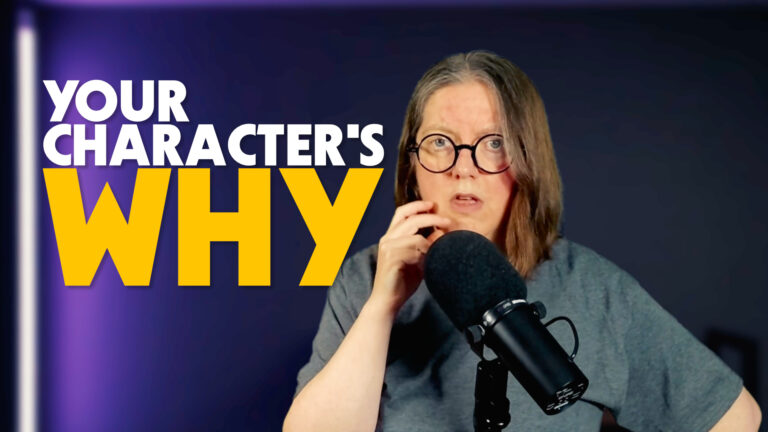
You’ve probably done an improv exercise that trains you to remember details in a scene. For example, redo a scene you did and try to recall every sentence. Or associate words in a list and everyone tries to regenerate the word association list around a circle.
And we all want to win, right? That makes us good at improv.
But eventually this approach – holding on to specific details – might start to get in our way. And this idea is supported by how our brains are actually built. The skill we might need to practice is actually… forgetting. This might sound weird, because forgetting feels like a failure (what we talked about last week!)
Cognitive neuroscience suggests forgetting can be a deliberate, adaptive process that our brains use to work more efficiently. When we intentionally let go of details that are no longer serving the scene, we reduce our cognitive load. This frees up mental space. That helps us listen better, and remember… more!
This is the key to getting out of our heads, I think, or one of them. When you are on stage forcing yourself to remember the name of your scene partner’s third cousin mentioned twenty minutes ago, you are not present. You are in your head, managing data (because of the forcing bit).
The opposite of holding on is letting go. When you stop trying so hard to remember, you start trusting your brain to do its job. The truly important details, the ones that matter for the relationship and the scene right now, will be there when you need them. You might have even noticed that the harder you try to recall something, the more it slips away. That effort is the obstacle. Trusting yourself to forget is really about trusting yourself to remember what counts and let your brain automate the process.
So how do you practice this? One good technique is what some call cognitive offloading, or a brain dump. It could be useful as a pre-show ritual. I describe a specific version author Mo Gawdat uses near the end of the episode linked below. This process helps your brain feel heard, clearing out the mental chatter.
By doing a form of cognitive offloading, you are emptying your active memory so you can walk on stage with a clearer, more open, and more responsive improv brain.
Listen or Watch
The podcast and the youtube episode contains exercises that might help you intentionally forget to free up space in your brain for good improv. And come ask questions or share your own tips in the Improv Update discord general improv chat channel.
Available Now!
Exercises to Ruin You. This 13 page guide provides six exercises to help practice challenges in improv scenes. Get reps in worst case scenarios! Modifications for solo improv are included for most exercises, and you’ll receive variations and examples not included in the video..





